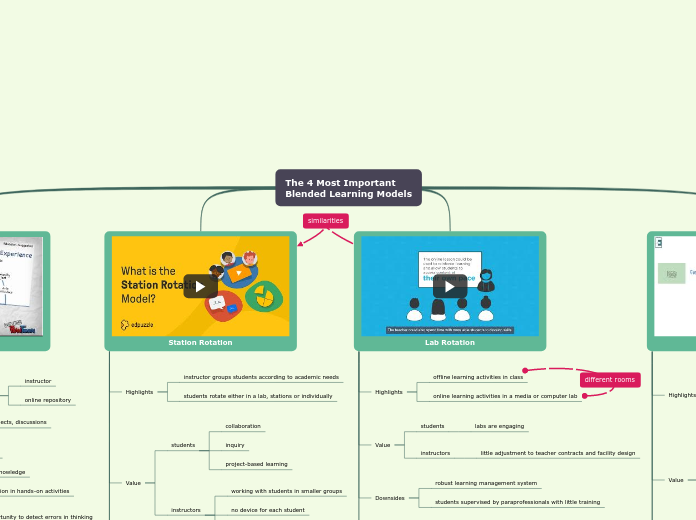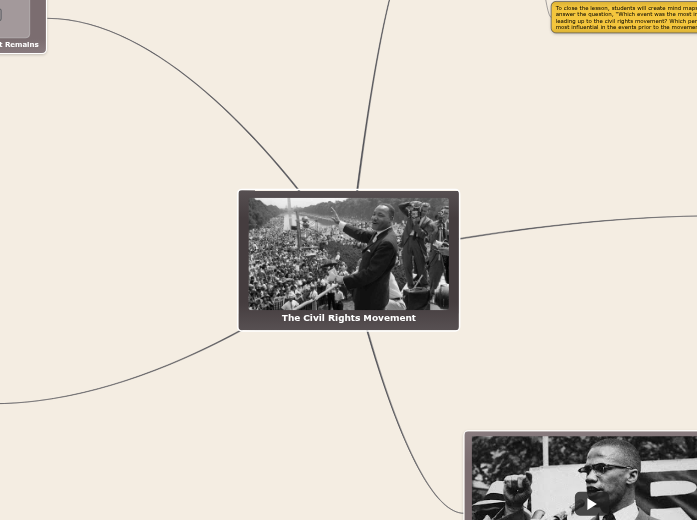av Dylan Di Girolamo för 6 årar sedan
811
Research & Assessment
Effective assessment practices in education involve multiple methods, including observation, conversations, and evaluating student work. Recognizing that each student progresses at their own pace is crucial, as focusing solely on punctuality can be detrimental.









